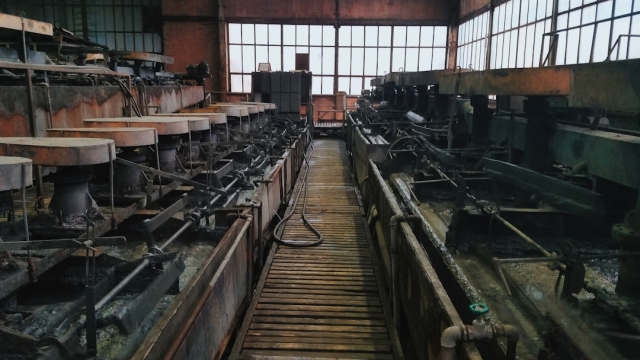In the world of beverage production, particularly for carbonated drinks, an efficient bottling process is crucial for maintaining product quality and consumer satisfaction. The bottling process not only influences the freshness and taste of the beverage but also plays a significant role in meeting safety standards and ensuring product integrity. As the demand for carbonated beverages continues to grow, so does the need for effective bottling process solutions that can enhance efficiency and address common challenges faced within the industry.
Overview of the Bottling Process for Carbonated Beverages
The bottling process for carbonated beverages is a multi-step operation that involves filling, capping, and packaging. It starts with the preparation of the beverage, which includes carbonation, flavoring, and blending. Once the beverage reaches the desired taste and carbonation level, it is transferred to the bottling line. Here, various machines are employed to ensure that the bottles are filled accurately and sealed tightly to preserve carbonation.
Key components of the bottling process include:
- Filling: This phase involves filling bottles with the carbonated beverage. Precision is essential to ensure that the correct volume is dispensed, preventing overfilling or underfilling.
- Capping: After filling, bottles are capped to maintain carbonation and prevent contamination. The capping method chosen can impact the overall product quality.
- Labeling and Packaging: Finally, bottles are labeled and packaged for distribution. Effective labeling not only informs consumers but is also vital for regulatory compliance.
Common Challenges in Bottling and How to Overcome Them
Despite advancements in bottling technology, the industry still faces several challenges. Understanding these obstacles is the first step toward finding effective solutions.
Maintaining Carbonation Levels
One of the most significant challenges in bottling carbonated beverages is maintaining the right carbonation levels throughout the process. Insufficient carbonation can lead to flat drinks, while excessive carbonation can cause foaming and spillage during filling. To tackle this issue, manufacturers can employ pressure-controlled filling systems that help maintain consistent carbonation levels during the filling process.
Ensuring Product Safety
Product safety is paramount, especially when dealing with beverages that are consumed by the public. Contamination can occur at various stages in the bottling process. Implementing stringent hygiene protocols and using sterilization techniques for equipment can significantly reduce contamination risks. Regular maintenance of bottling machines is also essential to ensure they operate correctly and safely.
Innovative Bottling Process Solutions and Technologies
To enhance efficiency and address common bottling challenges, several innovative bottling process solutions have emerged. These technologies focus on improving accuracy, speed, and safety in beverage bottling.
Advanced Filling Technologies
Modern filling machines equipped with sophisticated sensors and automation can significantly enhance the bottling process. These machines not only provide accurate filling but also adapt to various bottle sizes and shapes, improving flexibility on the production line. For those looking to invest in advanced systems, examining options like the carbonated drinks filling machine can lead to more efficient operations.
Quality Control Systems
Integrating quality control systems into the bottling line ensures that each bottle meets safety and quality standards. These systems can monitor parameters such as fill levels, carbonation, and even the integrity of seals, allowing for real-time adjustments to maintain product quality.
Choosing the Right Bottling Process Solutions
When considering bottling process solutions, businesses must evaluate their specific needs and goals. Factors such as production volume, bottle types, and the desired level of automation should guide decision-making. It is also beneficial to consult with industry experts and manufacturers who can provide insights into the best technologies and practices suited for particular operations.
In conclusion, the bottling process for carbonated beverages is a complex operation that demands careful attention to detail. By understanding common challenges and exploring innovative bottling process solutions, beverage manufacturers can optimize their operations, ensuring high-quality products that meet consumer expectations.

